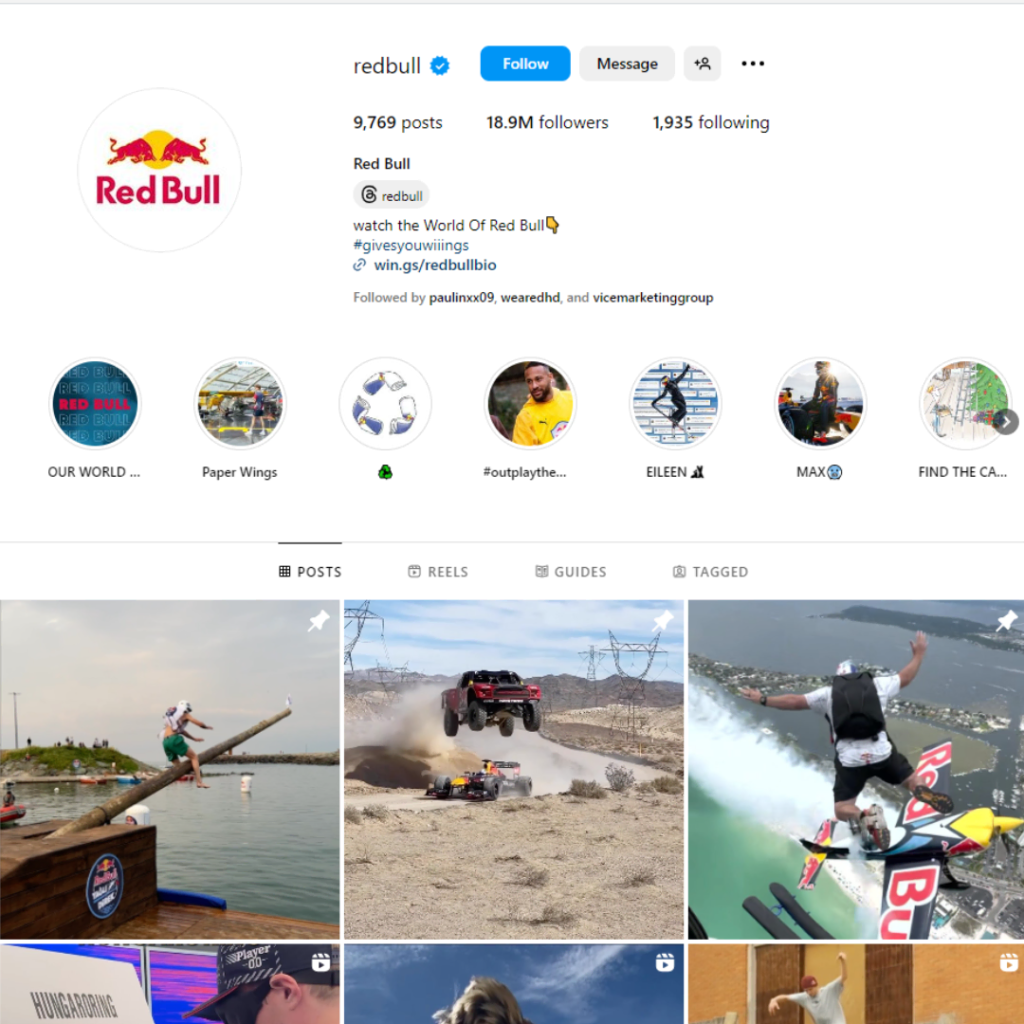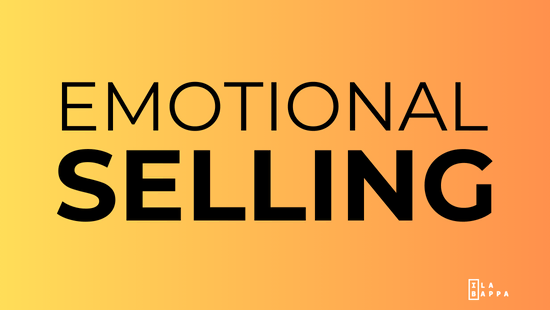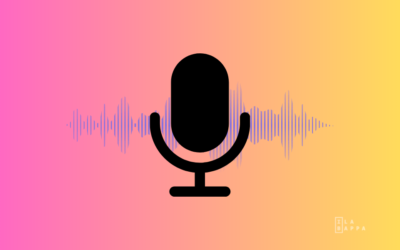
Have you ever wondered what companies built around one product sell on their online outlets?
Take a look at Redbull, The comapny sells 1 product – the energy drink. What do they post on their socials then? Let’s see…

No product at all! Just a bunch of adrenalin-pumping extreme sports. This is exactly the emotions that taking Redbull gets users after taking it. For the same reason Coca-Cola is selling happiness, Michelin is selling safety, Crocs is selling comfort and Apple is selling luxury.
What is Emotional Selling?
Other examples of companies using emotional selling include Monster, Master of One, Spanx, Roku, Gorilla Glue, NVIDIA, etc. It won’t make any sense to keep posting the same product over and over and over on their socials. Companies like this don’t sell products, they sell the feelings that come with consuming their products. This marketing strategy is called Emotional Selling
Why is Emotional Selling a Great Marketing Strategy?
There are a number of reasons why emotional selling is a go-to marketing strategy for single-product companies.
1. It Builds Brand Loyalty
Emotional selling creates a connection beyond the product itself. By aligning the brand with customers’ values, interests, and lifestyles, it fosters a sense of community. When customers feel that a brand understands and supports their hobbies or activities, they are more likely to develop a long-term and loyal relationship with the brand.
2. It Fosters Stronger Customer Connections
Emotional selling is about creating an emotional bond with customers. By tapping into emotions, companies can establish a more profound connection with their audience. This connection goes beyond transactional relationships, leading to a deeper understanding of customer needs and preferences.
3. It Influences Purchasing Decisions
Emotional connections play a crucial role in the decision-making process. When customers feel emotionally attached to a brand, they are more likely to choose that brand over others, even if the products are similar. Emotional selling taps into the psychology of consumer behaviour, influencing purchasing decisions on a subconscious level.
4. It Creates Memorable and Shareable Experiences
Emotional selling often involves creating memorable experiences for customers. These experiences become stories that customers want to share with others, leading to positive word-of-mouth marketing. Memorable experiences contribute to the brand’s narrative, making it more likely for customers to become brand advocates.
5. It Differentiates Products in Competitive Markets
In markets saturated with similar products, emotional selling becomes a powerful tool for differentiation. Brands that evoke emotions stand out from the competition. This emotional distinction can be a key factor that influences customers to choose one product over another.
6. It Enhances Customer Satisfaction and Retention
When customers feel emotionally connected to a brand, they are more likely to be satisfied with their purchases. This satisfaction, coupled with the emotional bond, contributes to higher customer retention rates. Emotional selling is not just about making a sale; it’s about building lasting relationships.
7. It Sparks Positive Word-of-Mouth Marketing
Customers who have emotionally positive experiences with a brand are more inclined to share their experiences with friends and family. Positive word-of-mouth marketing is a potent force, as recommendations from trusted individuals often carry more weight than traditional advertising.
8. It Establishes an Emotional Bond with the Target Audience
Emotional selling is about understanding the desires, aspirations, and challenges of the target audience. By addressing these emotional aspects, a brand can establish a deep and lasting bond with its customers. This emotional connection becomes a strong foundation for customer loyalty.
9. It Drives Customer Engagement and Brand Advocacy
Emotional selling encourages customers to actively engage with the brand beyond the point of purchase. This engagement can take the form of social media interactions, participation in brand events, or sharing user-generated content. Engaged customers are more likely to become brand advocates.
10. It Supports Premium Pricing Strategies
Brands that successfully employ emotional selling often position themselves as more than just a product; they are selling an experience or a lifestyle. This perceived value allows companies to command premium prices for their products, as customers are willing to pay more for the emotional connection and added value they receive.
Is Emotional Selling Ideal for Every Business?
No! emotional selling is not ideal for all businesses, especially small and new businesses struggling to make ends meet. It requires a lot of budget and planning. As a beginner, you will want to focus on growing your business to break even at least. You will want to try guerilla Marketing instead at this stage. But if you have the funds and the budget, I will tell you it is worth it.
What Industries Can Try Emotional Selling?
Any industry whose products and services spark emotions can utilize those emotions for marketing purposes. Some common industries where this is possible include
- Consumer Goods and Retail Industry like Clothing brands, luxury goods, food and beverage.
- Technology like Smartphones, laptops, and software.
- Automotive like Car manufacturers, electric vehicles.
- Health and Wellness like Fitness equipment, nutritional supplements, and wellness services.
- Travel and Hospitality like Hotels, airlines, travel agencies.
- Entertainment and Media Industries like Movie studios, streaming services, and video games.
- Food and Beverage Industry like Restaurants, cafes, specialty foods.
- Personal Care and Beauty Industry like Skincare products, cosmetics, beauty services.
- Financial Services Industry like Banks, insurance companies, and investment firms.
- Nonprofit and Social Causes Industry like Charities, environmental organizations, and social justice causes.
- Education Industry like Online courses, educational software, and tutoring services.
- Automated and Smart Home Products Industry like Smart thermostats, security systems, and home automation.
- Fitness and Sports Industry like Sports equipment, fitness gear, and athletic apparel.
- Real Estate Industry like Property developers and real estate agencies.
- Industry like Luxury Goods Industry like High-end fashion, jewellery, and premium watches.
- Children’s Products Industry includes Toys, clothing, and educational products for children.
- Pet Care Industry like Pet food, grooming services, and pet accessories.
- Gaming Industry like games, gaming consoles, and gaming peripherals.
- Telecommunications Industry like Mobile phones, internet services.
- Home Décor and Furnishings Industry like Furniture and interior design services.
Final Thoughts…
Every product or service can in one way or the other spark emotions. It depends on how you plan on exploring those emotions and using them to your advantage.






0 Comments